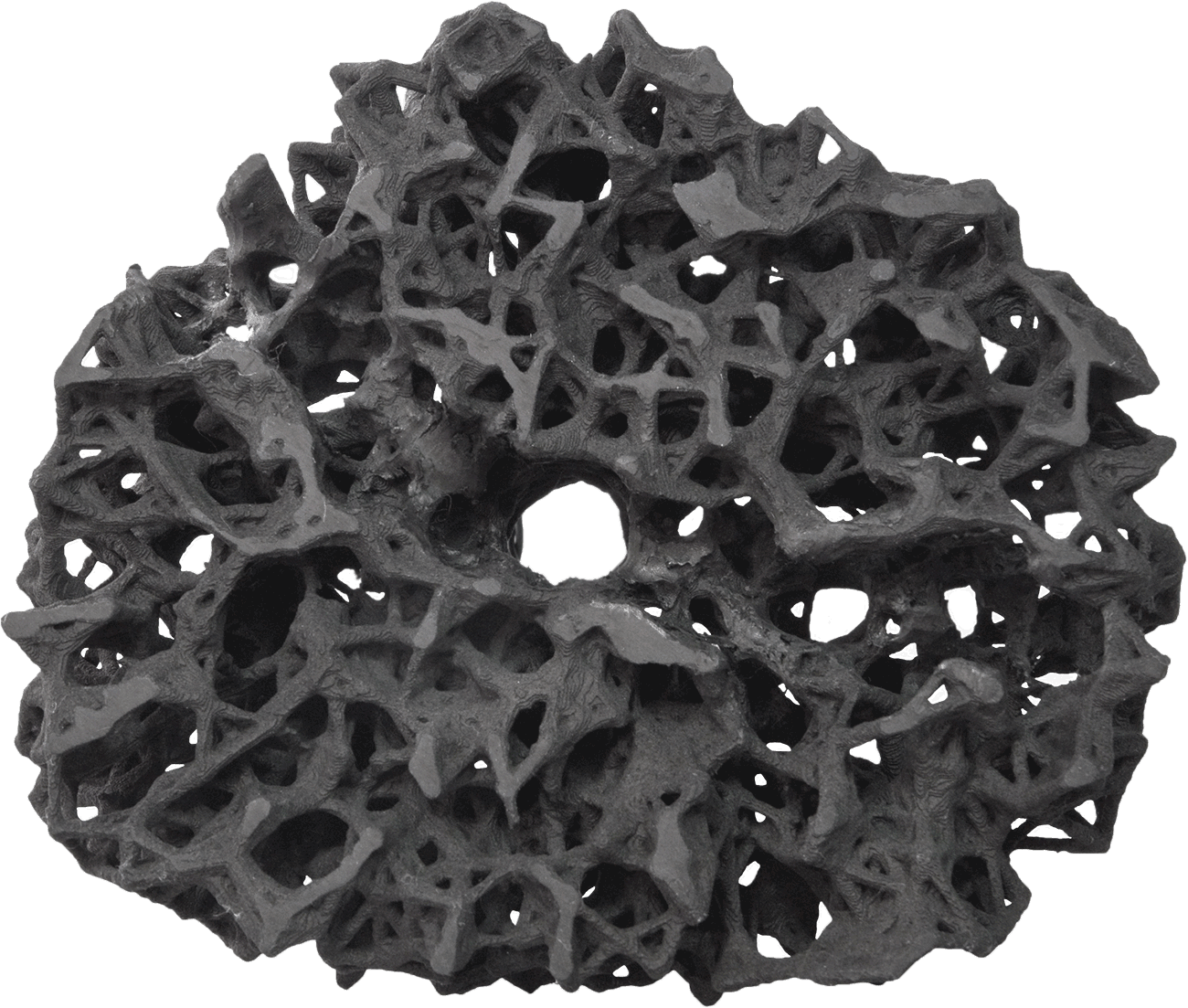Technosphere Magazine (2016-2019)
Filed under dossier, magazine | Tags: · anthropocene, anthropotechnics, creolization, earth, environment, human, infrastructure, technology, technosphere, theory

“Exploring the amorphous fabric of technologies, environments, and humans shaping Earth’s critical future.
The technosphere is the defining matrix and main driver behind the ongoing transition of this planet into the new geological epoch of humankind, the Anthropocene. Stemming from the ubiquity of human culture and global technologies, it forms a new and highly dynamic component of the Earth system, amorphous in its gestalt yet powerful in altering the history of this planet and the conditions for life on it. Mobilizing and transforming massive amounts of materials and energy, it is comparable in scale and function to other terrestrial spheres such as the bio- and hydrosphere, with which it connects and intersects. Put differently, it constitutes a form of a higher ecology generated by the cumulative interweaving of technologies and natural environments to the point where both become inseparable.
Manifest since at least the mid-twentieth century with the onset of the “Great Acceleration,” the technosphere has now reached an enormous, not yet determinate potential to alter the surface of the Earth as well as its great depths – from the orbital level to the deep sea. Owing to the capability of a single species to actuate technics that radically transform our planet, the technosphere thus represents a steep rupture and a qualitative shift in the way our planet has functioned for millions of years. How does the technosphere operate? How does it reorganize and re-functionalize the physicality and chemistry of living and non-living matter? And how does it change the ways we perceive the world?”
“Technosphere Magazine maps out specific dimensions, condensations, aggregations, “apparatuses,” problematics, conflict zones, ruptures, and operational failures, through and by which the technosphere becomes visible.” (from Editorial)
Editors-in-chief: Katrin Klingan, Christoph Rosol
Editorial team: Anujah Fernando, Ana María Guzmán Olmos, Nick Houde, Anna Luhn, Christoph Rosol, Johanna Schindler, Mira Witte
Illustrations: Nina Jäger
Publisher Haus der Kulturen der Welt (HKW), Berlin, 2016-2019
Open access
HTML
Dossiers: Anthropotechnics, Arctic, Borders, Creolized Technologies, Earth, Human, Infrastructure, Land & Sea, Machine Listening, Materials, Metabolic Systems, Phosphorus, Risk Equipment, Spheres, Substances, Trauma, Trust (HTML, updated on 2019-5-30)
Peter Sloterdijk: You Must Change Your Life: On Anthropotechnics (2009/2012)
Filed under book | Tags: · anthropology, anthropotechnics, christianity, education, enlightenment, history of philosophy, modernity, philosophy, religion

“In his major investigation into the nature of humans, Peter Sloterdijk presents a critique of myth – the myth of the return of religion. For it is not religion that is returning; rather, there is something else quite profound that is taking on increasing significance in the present: the human as a practising, training being, one that creates itself through exercises and thereby transcends itself. Rainer Maria Rilke formulated the drive towards such self-training in the early twentieth century in the imperative ‘You must change your life’.
In making his case for the expansion of the practice zone for individuals and for society as a whole, Sloterdijk develops a fundamental and fundamentally new anthropology. The core of his science of the human being is an insight into the self-formation of all things human. The activity of both individuals and collectives constantly comes back to affect them: work affects the worker, communication the communicator, feelings the feeler.
It is those humans who engage expressly in practice that embody this mode of existence most clearly: farmers, workers, warriors, writers, yogis, rhetoricians, musicians or models. By examining their training plans and peak performances, this book offers a panorama of exercises that are necessary to be, and remain, a human being.”
First published in German as Du mußt dein Leben ändern, Suhrkamp, Frankfurt am Main, 2009.
Translated by Wieland Hoban
Publisher Polity Press, 2012
ISBN 0745649211, 9780745649214
500 pages
review (Keith Ansell-Pearson, LA Review of Books)
review (Michael Hübl, Metropolis M)
commentary (Bruce Sterling, Wired)
commentary (Sanne van der Hout)

